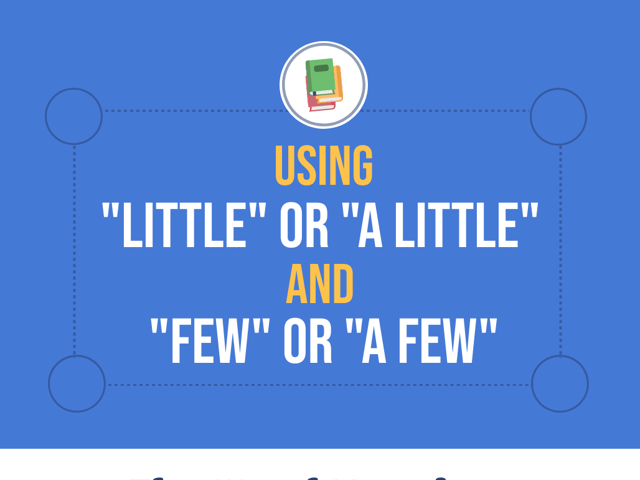
What is Subject-Verb Agreement?
Wouldn’t the world be a better place if we could all learn to get along? Agreement brings peace and stability. It’s no different in the language world.
Sentences that have proper agreement, usually between subjects and verbs or pronouns and antecedents, flow more smoothly and are more clear to the reader. Disagreement within a sentence can make reading difficult and can affect the reader’s understanding of the message. So what does subject-verb agreement mean or look like? Let’s take a look…
What Does It Mean if a Subject and Verb “Agree?”
Subject-verb agreement means that the subject of the sentence (the who or what the sentence is about) agrees and “gets along” with the verb (or action) of the sentence. To “get along”, the subject and the verb have to agree in number. That means that if the subject is plural, the verb must also be plural. If the subject is singular, the verb must be singular.
Mom and dad are at a party.
Plural subject (mom and dad) requires a plural verb (are). The sentence wouldn’t sound correct (and wouldn’t have agreement) if it used a singular verb with the plural subject.
Mom and dad is at a party.
No, no, no.
Suzie skates in the park.
Singular subject (Suzie) requires singular verb (skates). The sentence wouldn’t sound correct (or be in agreement) if the singular subject was followed by a plural verb.
Suzie skate in the park.
Nope.
What Is a “Plural Verb?”
There is one part of this that can be confusing. Remember that most singular verbs have an “s” on the end. That does not make them plural, it makes them singular. Taking the “s” off the end of a verb makes it plural.
| Singular subject/verb | Plural subjects/verb |
|---|---|
| Mark sings. | Mark and Matt sing. |
| Janet runs. | Janet and Jane run. |
| The child swings. | The children swing. |
The Effects of “Or” and “Nor”
It can get tricky, however, if the subjects are connected by an or or a nor. If both subjects are singular, no big deal—use a singular verb.
The red shirt or the blue sweater matches the grey pants. (This isn’t a case of having a plural subject because of that or. You’re talking about either the shirt or the sweater, not both. Thus, there is a singular subject requiring a singular verb.)
Mixed Subject Numbers
However, if one subject is singular and the other plural, the verb needs to match the subject to which it is closest.
Jeff or his co-workers work late one night a week.
(Verb comes after a plural subject, so it must be a plural verb).
His co-workers or Jeff works late one night a week.
(Verb comes after singular subject, so it must be a singular verb).
This only works when using or or nor because you are looking at each subject individually.
Words Between the Subject and the Verb
Don’t get confused by extra words stuck in between the subject and the verb. The verb must always agree with the subject of the sentence, not with a noun or pronoun coming between the two.
The man with all of the cars parked in the driveway takes the bus to work.
The sentence is about the man (singular) and the verb that he does is takes. Even though there are plural nouns in the sentence (cars), the subject and the verb are the two that must agree.
Marla and her mom, though not her dad, enjoy decorating the house for the holidays.
Marla and her mom form a plural subject, so the verb enjoy must also be plural, even though the singular noun dad is in there. He’s not who the sentence is about, so he’s not the subject and the verb doesn’t need to match him.
Pronouns as Subjects
Singular pronouns (each, anyone, everyone, nobody, no one, etc.) are singular and require singular verbs even if they refer to large groups of people.
Everyone in the stadium was screaming.
Even though everyone is referring to a large group of people, they are each doing the action singularly, so it requires a singular verb. Think of everyone meaning “every single one”.
Nobody wants to be alone on New Year’s Eve.
Each of the boys is hoping for a new hockey stick.
Collective Nouns
Collective nouns act as single units and so require a singular verb, even though they refer to more than one member.
The Gomez family celebrates multiple birthdays each month.
The team selects a captain for the season.
The nation elects a president every four years.
Subject and Verb Order
Another thing to remember: Even if the verb comes before the subject in a sentence, they still need to agree.
There is a fly in my soup!
There are clean linens on the bed.
Where are guests going to park?
Subject-verb agreement helps make sentences clearer for the reader. He or she can determine who or what the sentence is about and know what action that subject is taking. When the subject and the verb don’t agree, the reader can become confused about whether he or she correctly understood the subject or what action the subject was taking.
Don’t confuse the reader—make sure that subjects and verbs agree! And for more tips to improve your English language usage, try our free English Basics study material, which includes practice tests, study guides, and flashcards.

Keep Reading

English Basics Blog
How to Write a Compare and Contrast Essay
When you were in school, you probably had to write a lot of different t…

English Basics Blog
What are Superlatives?
We spend our lives making comparisons, whether we realize it or not. Wh…

English Basics Blog
When to Use “Little” or “a Little” and “Few” or “a Few”
Few aspects of the English language can grow as convoluted as when to u…